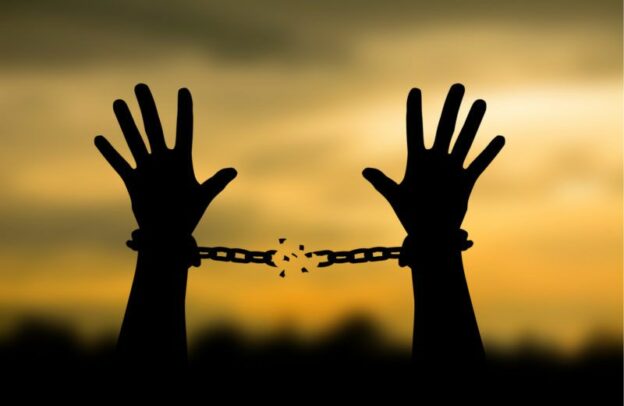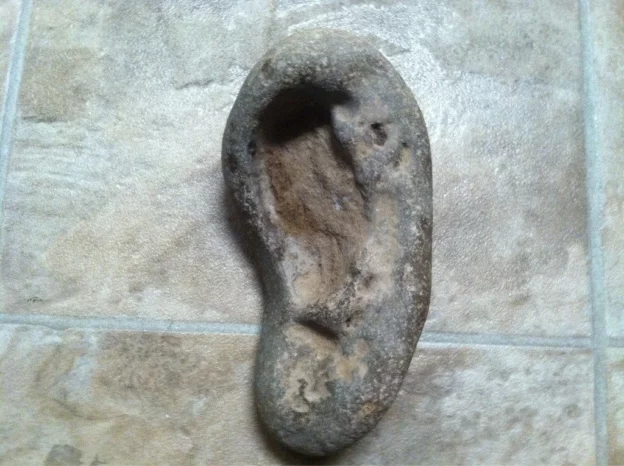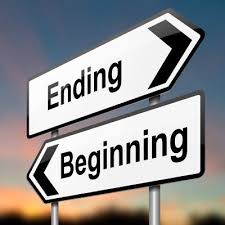The Midrash (Yalkut Shimoni) at the start of parshas Nitzavim sees in the parsha’s opening words, “You are standing today” the message that, despite the sins and travails of Klal Yisrael up to that point, and the klalos enumerated in parshas Ki Savo, the nation is still standing. Indeed, the Midrash continues, “the curses strengthen you [ma’amidos es’chem].”
The Second Law of Thermodynamics states that physical systems naturally degenerate into more and more disordered states.
Living systems, though, seem to act otherwise. A domeim, a non-living item like a rock or mineral, is indeed entirely subject to entropy. A tzomei’ach, though, a plant, which grows, less so. And an animal, a chai, even less so, as it can also move around to promote its wellbeing.
And a living human is even more able to defend against entropy, manipulating his environment, using intelligence, tools and creativity to protect himself.
The highest rung on the hierarchy, according to sefarim, is Yisrael, the Jewish nation. Perhaps we are particularly entropy-resistant – especially able to turn challenges that would naturally wear away other people, leaving them feeling dejected and hopeless, into not just perseverance but renewed strength. Haklalos ma’amidos es’chem.
The churbanos of the Batei Mikdash, for example, were followed with determined and successful Jewish renewal, as was the most recent churban, that of Jewish Europe. Parts of Klal Yisrael have returned to Eretz Yisrael, and Torah study and practice thrive throughout the world.
And in our personal lives, too, as Rav Dessler writes, our failings and fallings can, through our pain and teshuvah, become fuel for our determination to reach even greater heights.
A timely thought during these waning days of Elul.
© 2023 Rabbi Avi Shafran









